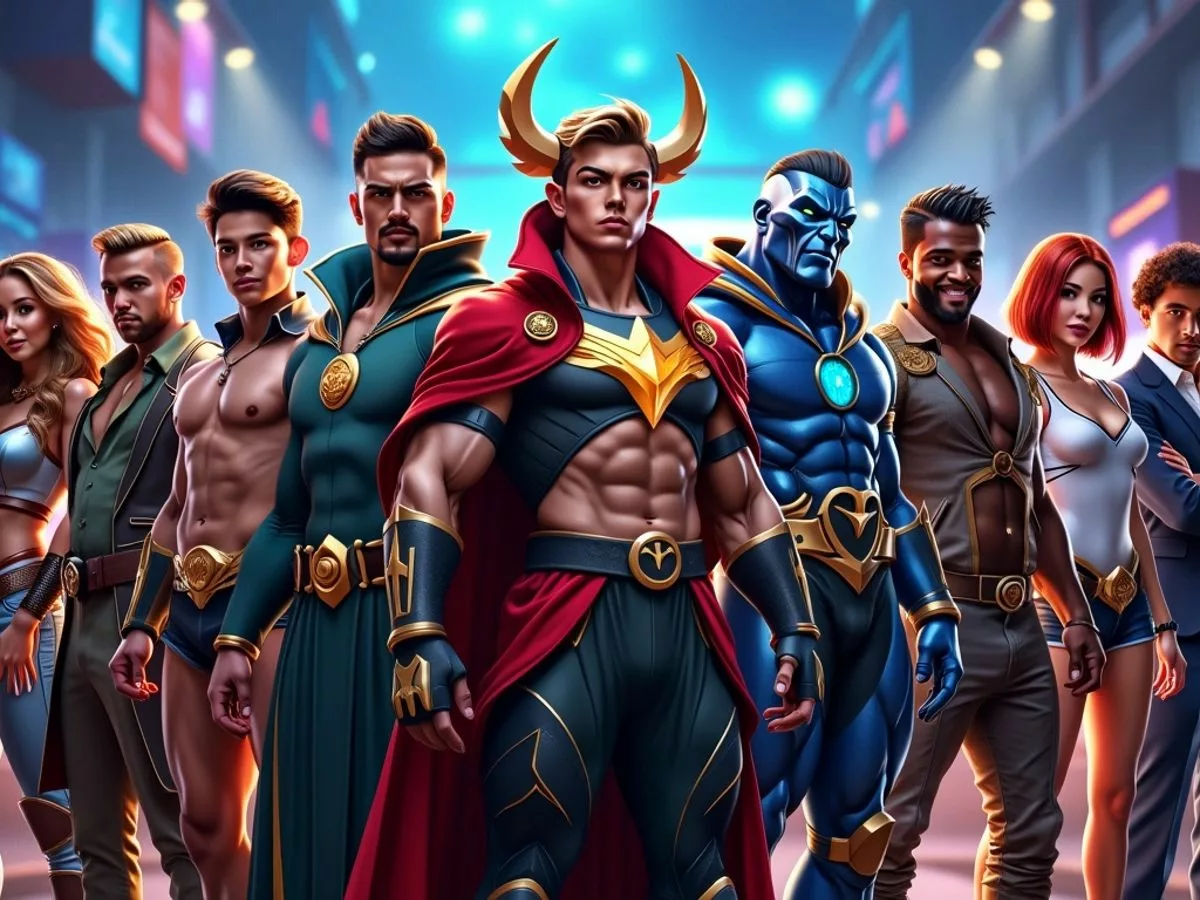
In a significant move, video game actors in the United States have called for a strike against Riot Games, the developer behind the immensely popular game "League of Legends." This decision comes amid ongoing disputes over working conditions and compensation, highlighting the growing tensions within the gaming industry regarding fair treatment of voice actors.
Key Takeaways
- Video game actors are striking against Riot Games, the maker of "League of Legends."
- The strike is driven by concerns over working conditions and compensation.
- This event underscores the broader issues facing the gaming industry regarding labor rights.
Background of the Strike
The strike was initiated by the Screen Actors Guild-American Federation of Television and Radio Artists (SAG-AFTRA), representing thousands of voice actors in the gaming industry. The union has been in negotiations with Riot Games for several months, seeking better pay and improved working conditions for its members.
Voice actors have expressed concerns about the lack of transparency in pay structures and the demanding nature of recording sessions, which can often lead to vocal strain and other health issues. The union argues that the current compensation does not reflect the success and revenue generated by games like "League of Legends."
Reasons Behind the Strike
Several key issues have fueled the strike:
- Compensation Disparities: Many voice actors feel that their pay does not match the revenue generated by the games they contribute to.
- Working Conditions: Concerns have been raised about the physical demands of voice acting, including long hours and the potential for vocal damage.
- Lack of Transparency: Actors have criticized the opaque nature of pay structures and contract terms, making it difficult to understand their worth in the industry.
Industry Impact
The strike has the potential to significantly impact the gaming industry, particularly for Riot Games. As one of the leading developers, the company’s response to the strike could set a precedent for how other gaming companies handle labor relations.
If the strike continues, it may lead to delays in game development and updates, affecting not only the company but also the millions of players who enjoy "League of Legends" and other titles produced by Riot Games.
Future Outlook
As the strike unfolds, both sides will need to engage in constructive dialogue to reach a resolution. The outcome could reshape the landscape of labor relations in the gaming industry, potentially leading to better conditions for voice actors across the board.
In the meantime, players and fans of "League of Legends" are left to wonder how this strike will affect their favorite game and the future of voice acting in video games. The situation remains fluid, and updates are expected as negotiations progress.


